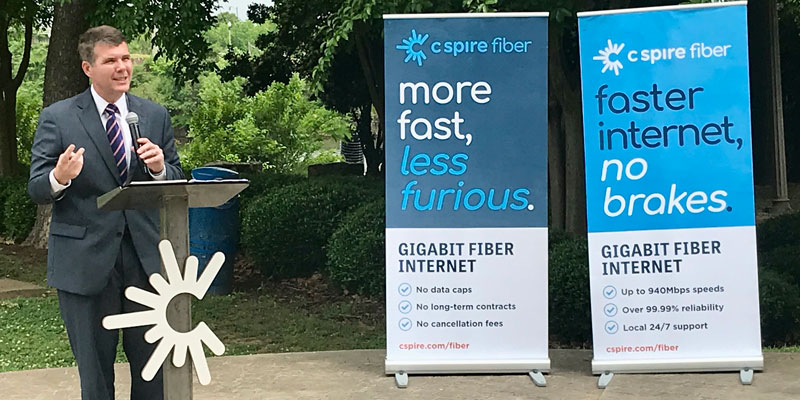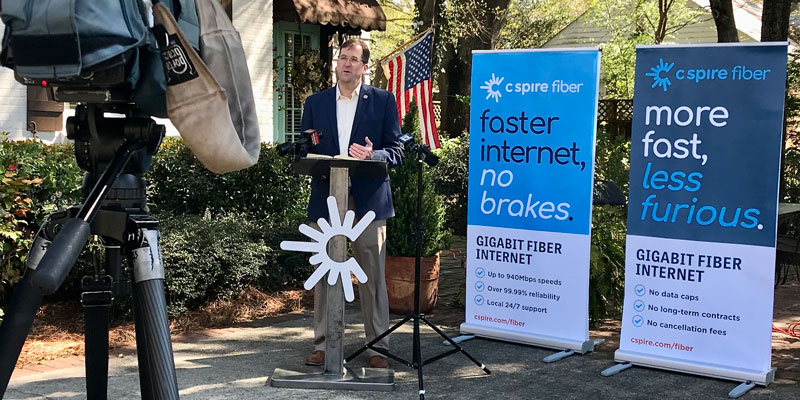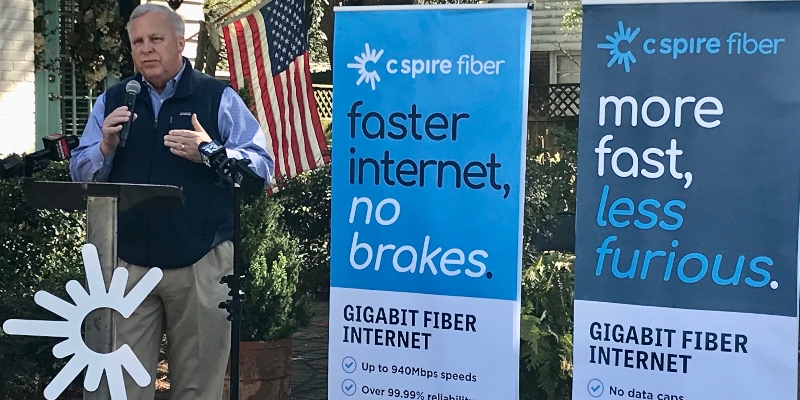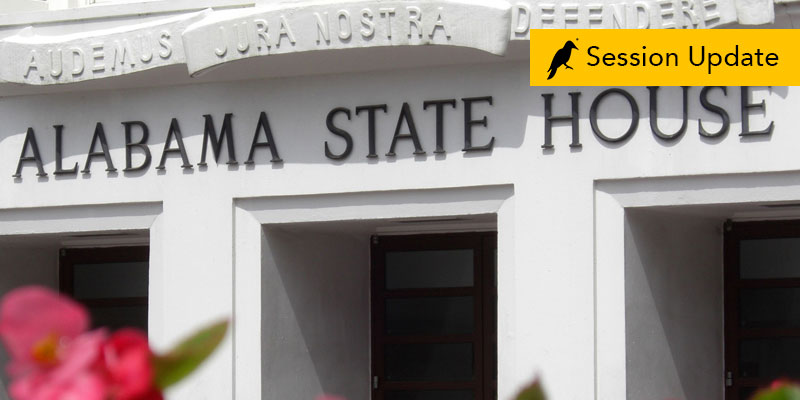MONTGOMERY — Ahead of Tuesday’s expected vote by the House of Representatives Committee on Urban and Rural Development, four-year and two-year institutions of higher education are united in support of the proposed Alabama University Research Alliance (AURA).
AURA is currently a component of SB 215, which was passed unanimously by the Senate seven weeks ago. This “transformational” piece of legislation is aimed at expanding the availability of affordable, high-speed broadband internet service to every Alabamian.
Sponsored by Sen. Del Marsh (R-Anniston) and carried in the House by Rep. Danny Garrett (R-Trussville), SB 215 received a public hearing in the House committee last week. At that time, it was revealed that a substitute version of the bill was in the works to be presented the following week.
Debra Wallace, CEO of the state-funded Alabama Supercomputer Authority, spoke during that hearing. The Supercomputer Authority, in addition to other functions, currently operates an Alabama Research and Education Network (AREN), which offers certain education and research clients internet access. The network mainly consists of K-12 schools and public libraries.
“We want to continue doing what we do,” Wallace told members of the committee.
To that end, SB 215 as passed by the Senate would actually include the Supercomputer Authority CEO as an appointing power to the newly created Connect Alabama Advisory Board.
Additionally, the bill spells out the following:
The Alabama Digital Expansion Authority and the Alabama University Research Alliance may not duplicate high speed broadband services provided by the Alabama Supercomputer Authority and the Alabama Research and Education Network to public local boards of education, public K-12 schools, and public libraries that are not associated with institutions of higher education, unless the Alabama Supercomputer Authority does not meet either of the following:
(1) The minimum service threshold and other requirements relating to the provision of these services as provided in this act.
(2) The service quality requested by a public local board of education, public K-12 school, or a public library that is not associated with an institution of higher education.
Simply put, AURA would connect colleges and universities with dedicated fiber to promote research projects that can generate millions and millions of federal grant dollars. The newfound network would also essentially act as a fiber interstate that could, in turn, be utilized to connect more rural and unserved areas; the main fiber network could be branched off of, like interstate exit ramps.
In two recent letters, Alabama’s two- and four-year colleges and universities appealed to the legislature to ensure AURA is created.
Chief information officers and other IT administrators from 11 four-year schools signed a joint letter expressing support for AURA, which they hailed as a “statewide fiber-optic network to serve the Universities of higher learning and academic health care.” This network, they wrote, “has the potential to greatly impact the entire state.”
They detailed that AURA “would exponentially advance Alabama’s education, research, and healthcare services as well as increase access to federal research funding, such as National Science Foundation (NSF) grants.”
Signatories were from a diverse range of institutions in both size and geography: Alabama A&M University, Athens State University, Auburn University, Auburn University at Montgomery, Troy University, the University of Alabama, the University of Alabama at Birmingham, the University of Alabama in Huntsville, University of Montevallo, University of North Alabama and University of West Alabama.
Alabama Community College System Chancellor Jimmy Baker has also penned a letter in support of AURA and SB 215 as a whole. The Yellowhammer State’s two-year college system would be included in AURA.
“As you know, broadband access is perhaps the most important infrastructure challenge of the 21st Century,” Baker stressed. “We are excited about the possibilities that this bill can bring to our ACCS institutions and the citizens of the state of Alabama.”
House Urban and Rural Development is scheduled to meet at 11:00 a.m. on Tuesday. Tune in live here.
Sean Ross is the editor of Yellowhammer News. You can follow him on Twitter @sean_yhn













